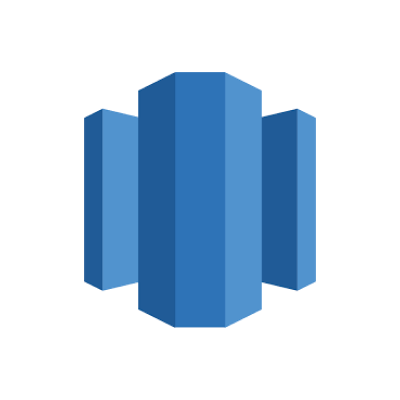Compare - Databricks VS Google Cloud Composer
Here’s the difference between Databricks and Google Cloud Composer. The comparison is based on pricing, deployment, business model, and other important factors.
About Databricks
Databricks provides a data lakehouse that unifies your data warehousing and AI use cases on a single platform. With Databricks, you can implement a common approach to data governance across all data types and assets, and execute all of your workloads across data engineering, data warehousing, data streaming, data science, and machine learning on a single copy of the data. Built on open source and open standards, with hundreds of active partnerships, Databricks easily integrates with your modern data stack. Additionally, Databricks uses an open standards approach to data sharing to eliminate ecosystem restrictions. Finally, Databricks provides a consistent data platform across clouds to reduce the friction of multicloud environments. Today, Databricks has over 7000 customers, including Amgen, Walmart, Disney, HSBC, Shell, Grab, and Instacart.
About Google Cloud Composer
Cloud Composer is a fully managed workflow orchestration service, enabling you to create workflows that span across clouds and on-premises data centers. Built on the popular Apache Airflow open source project and operated using the Python programming language, Cloud Composer is free from lock-in and easy to use.
Comparison Table
| Overview | ||
|---|---|---|
| Categories | Data Warehouses, Data Lakes | Workflow Orchestration |
| Stage | Late Stage | Late Stage |
| Target Segment | Enterprise, Mid size | Enterprise, Mid size |
| Deployment | SaaS | SaaSOn Prem |
| Business Model | Commercial | Open Source |
| Pricing | Freemium, Contact Sales | Freemium |
| Location | San Francisco, US | US |
| Companies using it | ||
| Contact info |
Add to compare
